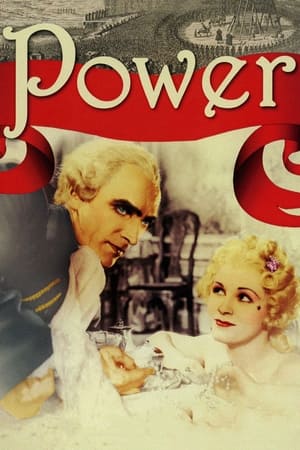
Jew Süss (1934)
1h 45m | PG-13
A historical satire critical of the rising tide of Anti-Semitism in Germany. Based on the novel by Lionel Feuchtwanger, Jew Süss is the story of life in the 18th century Jewish ghetto of Württemberg. Süss (Veidt) works himself out of the ghetto and into a position of power with the help of an evil Duke.
Director: Lothar Mendes
Studio: Gaumont-British Picture Corporation
Genre: Drama, History, Romance
Video: 720p
Cast
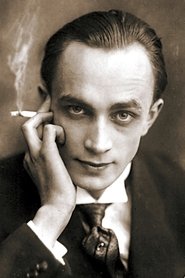
Conrad Veidt
as Josef 'Jew Süss' Oppenheimer

Benita Hume
as Marie Auguste
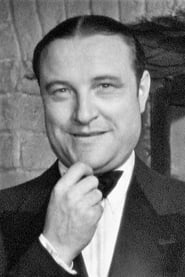
Frank Vosper
as Duke Karl Alexander
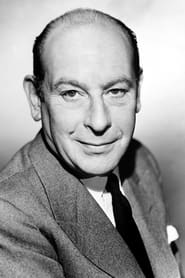
Cedric Hardwicke
as Rabbi Gabriel

Gerald du Maurier
as Weissensee
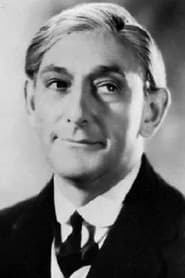
Paul Graetz
as Landauer
Reviews
Conrad Veldt is at the top of his game in this adaptation of Feuchtwanger's eponymous play published in the middle of WWI. Oddly enough, he didn't much care for it and it's exposure was short lived until picked up by Lothar Mendez almost twenty years later as a vehicle for this most enigmatic of actors. The story is simple enough. Veidt is a clever, ambitious man - not just for himself, but for his Jewish community in the feudal German duchy of Würtemburg. His task is made slightly easier by the fact that the hereditary dukes were little better than in-bred dolts, and soon he has the pretty nasty, womanising, "Karl Alexander" (Frank Vosper) in the palm of his hand. Except, that after a while even he realises that this odious individual is meritorious of little better than loathing. There's a degree of hypocrisy from "Sùss" - he is a lover, he loves the trappings of wealth and luxury, he thrives in the rarefied world of the aristocracy; yet he still wants to improve the lot for his frequently dispossessed and persecuted people and his characterisation is mesmerising. It has a intimacy to it - both to those on screen with whom he is always tactile, but with us too as his performance reminds us that this is essentially a star of silent films who can uses his eyes and gesture every bit as effectively as he can his voice. Whilst historically distanced from the National Socialism that was to come, it does draw parallels between a distant, self-centred style of government that the writer wanted none of. We are helped by some interesting characterisations, no-one is quite whom they seem (or think) - and the production is adequate. Give it a go.
